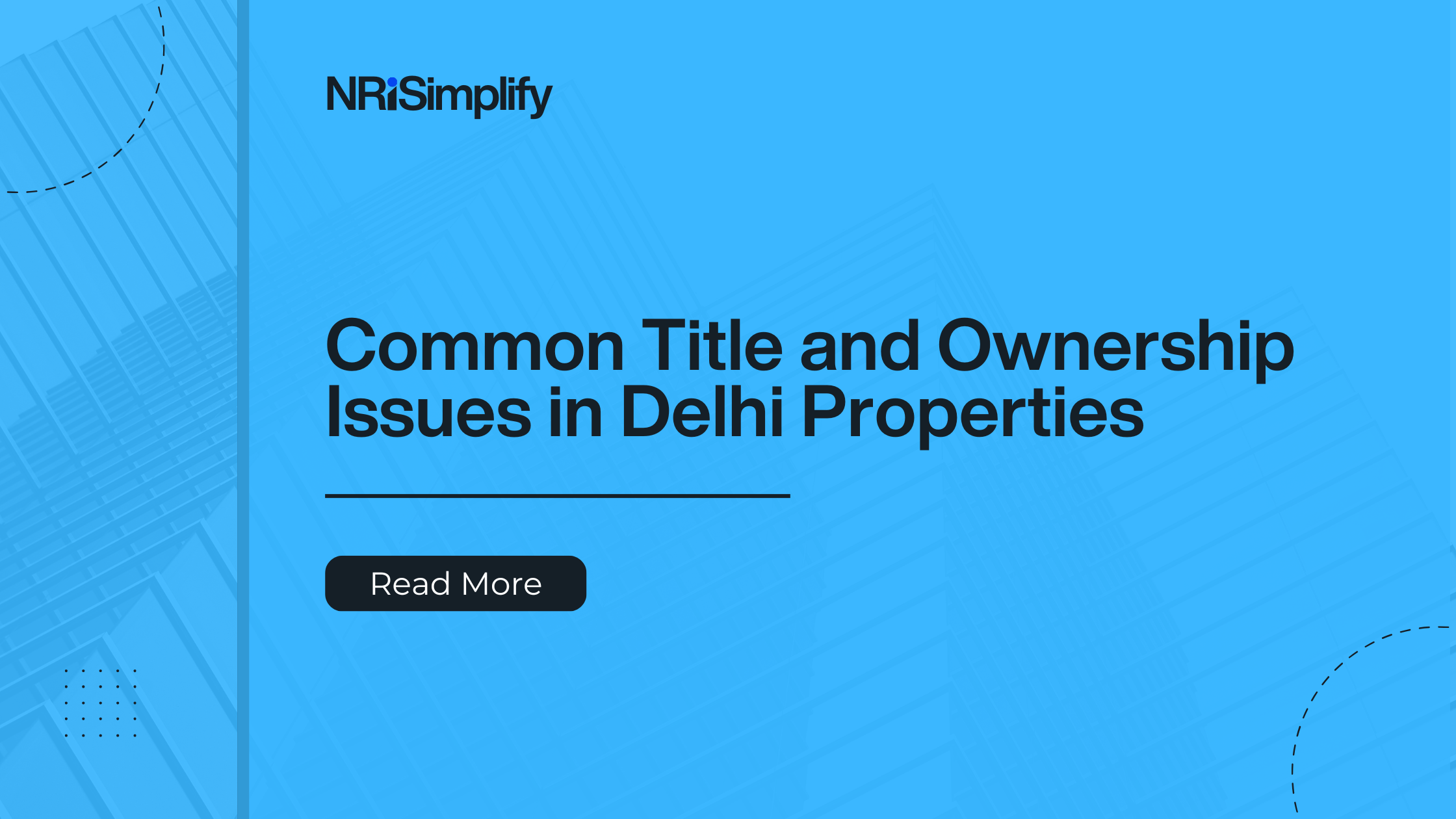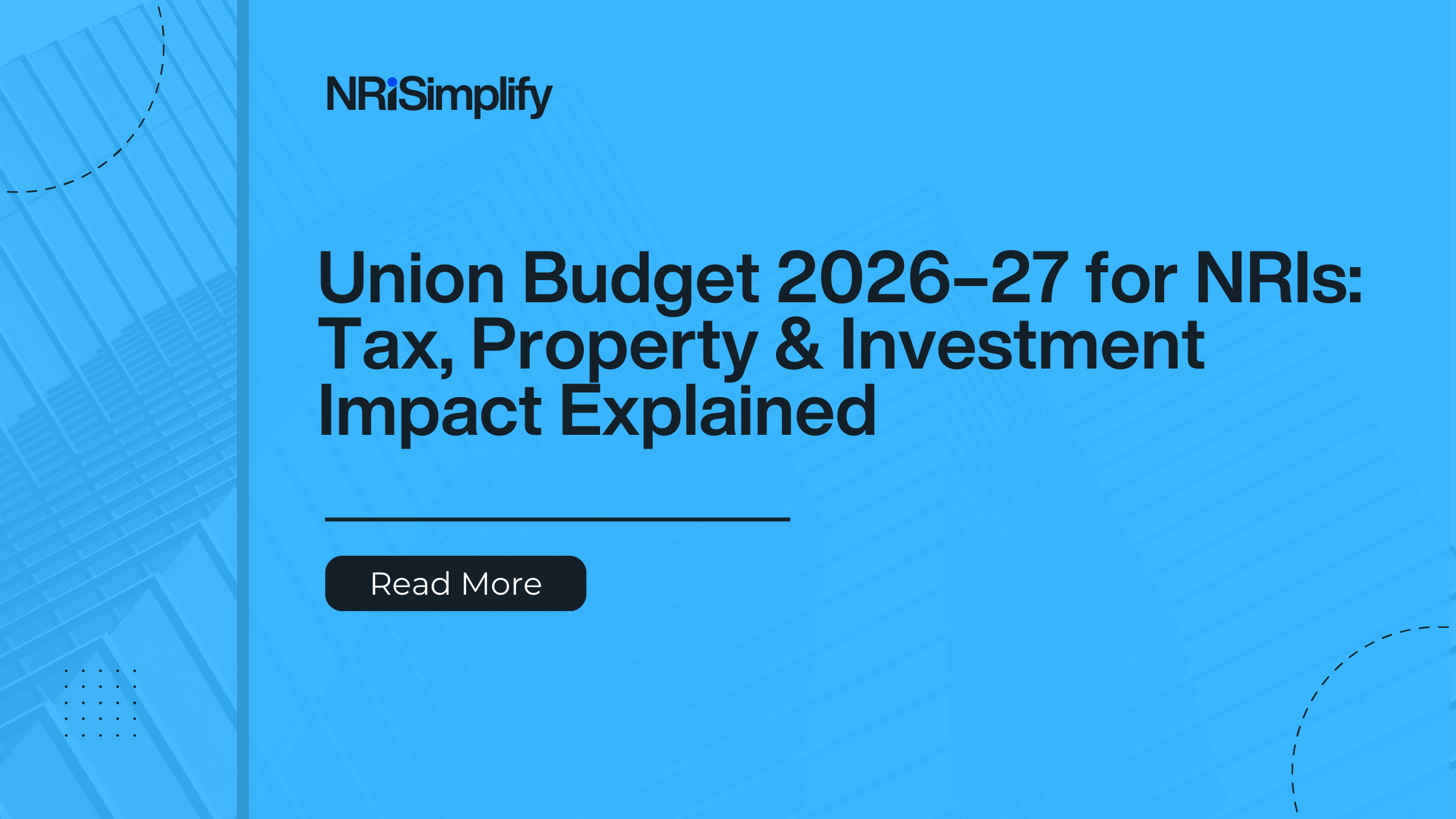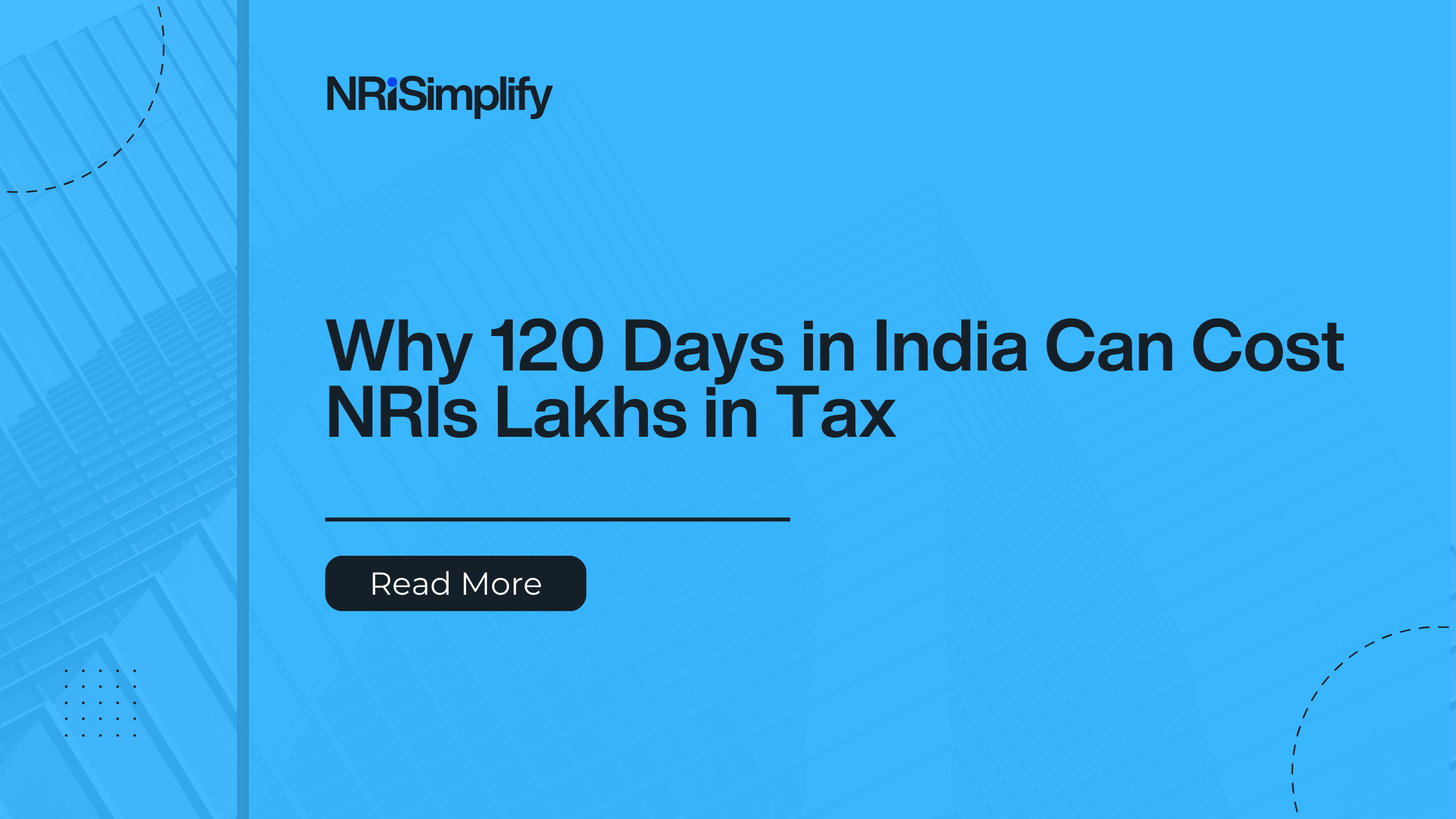Selling a property in Delhi can be a rewarding investment decision, but title and ownership issues often pose significant challenges. These disputes can delay sales, reduce property value, or even result in legal battles. Understanding how to identify, resolve, and prevent such issues is critical for a smooth transaction.
Common Title and Ownership Issues in Delhi Properties
1. Title Disputes
Disagreements over the true owner or legal title of the property, often due to improper documentation, fraudulent titles, or conflicting claims by heirs/co-owners.
2. Unclear Chain of Title
Missing or incomplete transfer records such as sale deeds, gift deeds, partition deeds, or mutation entries can raise red flags about ownership history.
3. Encumbrances and Liens
Mortgages, unpaid loans, or legal attachments on a property can obstruct transfer of ownership unless cleared.
4. Boundary Conflicts and Encroachments
Disputes about property boundaries or illegal occupation of land complicate ownership.
5. Inheritance and Succession Issues
Properties inherited without clear wills often lead to multiple claimants, with disputes over share and possession.
Steps to Resolve Title and Ownership Issues Before Selling
1. Conduct Thorough Title Search and Due Diligence
-
Verify all original ownership documents, including sale deeds, mutation certificates, and property tax receipts.
-
Obtain an Encumbrance Certificate (EC) for at least the last 30 years from the Sub-Registrar’s Office to ensure the property is free from any legal liabilities or mortgages.
-
Review the property’s chain of title meticulously to identify potential gaps or conflicts.
2. Rectify Document Deficiencies
-
Correct errors in the title deed (such as wrong owner names or incorrect property descriptions) through legal methods like rectification suits or affidavits.
-
Apply for mutation updates to reflect the current ownership clearly in land revenue records.
3. Settle Ownership Disputes
-
Attempt mediation or Alternative Dispute Resolution (ADR) with co-owners or heirs to reach an amicable agreement without prolonged litigation.
-
If necessary, file civil suits such as declaration suits, partition suits, or cancellation of fraudulent documents in civil courts or Delhi High Court.
-
Secure interim injunctions to prevent unauthorized sale or possession during dispute resolution.
4. Clear Encumbrances and Financial Liabilities
-
Pay off any outstanding loans or mortgages.
-
Obtain legal discharge or satisfaction certificates from lending institutions to clear charges on the property.
5. Legal Verification by a Property Lawyer
-
Engage a qualified property lawyer to audit all documents, verify ownership, check compliance with municipal and land use regulations, and ensure the property is marketable before sale.
Preventive Measures for Buyers and Sellers
-
Always conduct a comprehensive legal and title due diligence before entering a sale agreement.
-
Register the Agreement to Sell officially with the Sub-Registrar Office to secure buyer and seller interests.
-
Verify all necessary approvals such as building plan sanctions and zoning compliance to avoid future legal hassles.
-
Demand and confirm clearance of all property taxes and utility dues.
-
Use escrow arrangements or verified banking channels for sale proceeds to minimize fraud risk.
Role of Legal Assistance in Title Dispute Resolution
-
Provide strategic advice on ownership rights and liabilities.
-
Draft and serve legal notices to opposing parties to protect your interest.
-
Represent you in mediation or court proceedings for title clarification, partition, or eviction matters.
Frequently Asked Questions (FAQs)
Q1. What is a title dispute in property?
A title dispute occurs when there is a conflict over the legal ownership or rights to a property, often due to unclear documents, multiple claims, or fraudulent transfers.
Q2. How can I verify the ownership of a property in Delhi?
You can verify ownership by checking the original sale deed, mutation records, and obtaining an Encumbrance Certificate from the Sub-Registrar’s Office to ensure the property is free from charges.
Q3. What documents should be checked to avoid title issues?
Key documents include the registered sale deed, mutation certificate, property tax receipts, encumbrance certificate, and any mortgage or loan discharge papers.
Q4. Can title disputes be resolved without going to court?
Yes, many disputes can be settled through mediation or Alternative Dispute Resolution (ADR), which is faster and less costly than litigation.
Q5. What role does a property lawyer play in resolving ownership issues?
A property lawyer helps verify documents, advises on legal rights, manages dispute resolution processes, drafts legal notices, and represents clients in court if necessary.
Q6. How can I prevent title and ownership issues while buying a property in Delhi?
Perform thorough due diligence, verify all property documents, check for clearances and approvals, and register the sale agreement officially. Consulting a lawyer before purchase is highly recommended.
Conclusion
Title and ownership issues are common in Delhi’s real estate market, but with due diligence, legal expertise, and timely action, these hurdles can be effectively overcome. Sellers and buyers who invest time in verifying property titles and resolving disputes early ensure a seamless and secure property transaction. When in doubt, consulting experienced property lawyers in Delhi can safeguard your investment and prevent costly delays.






